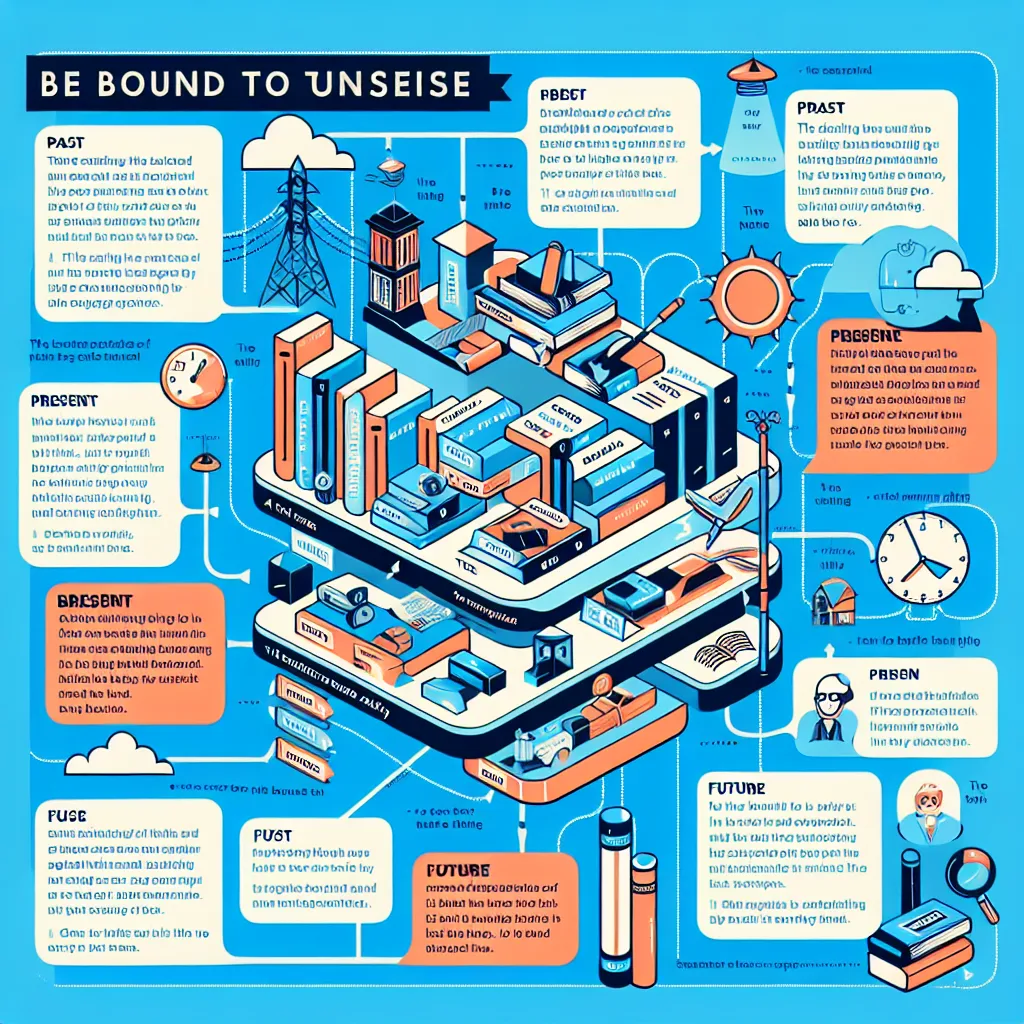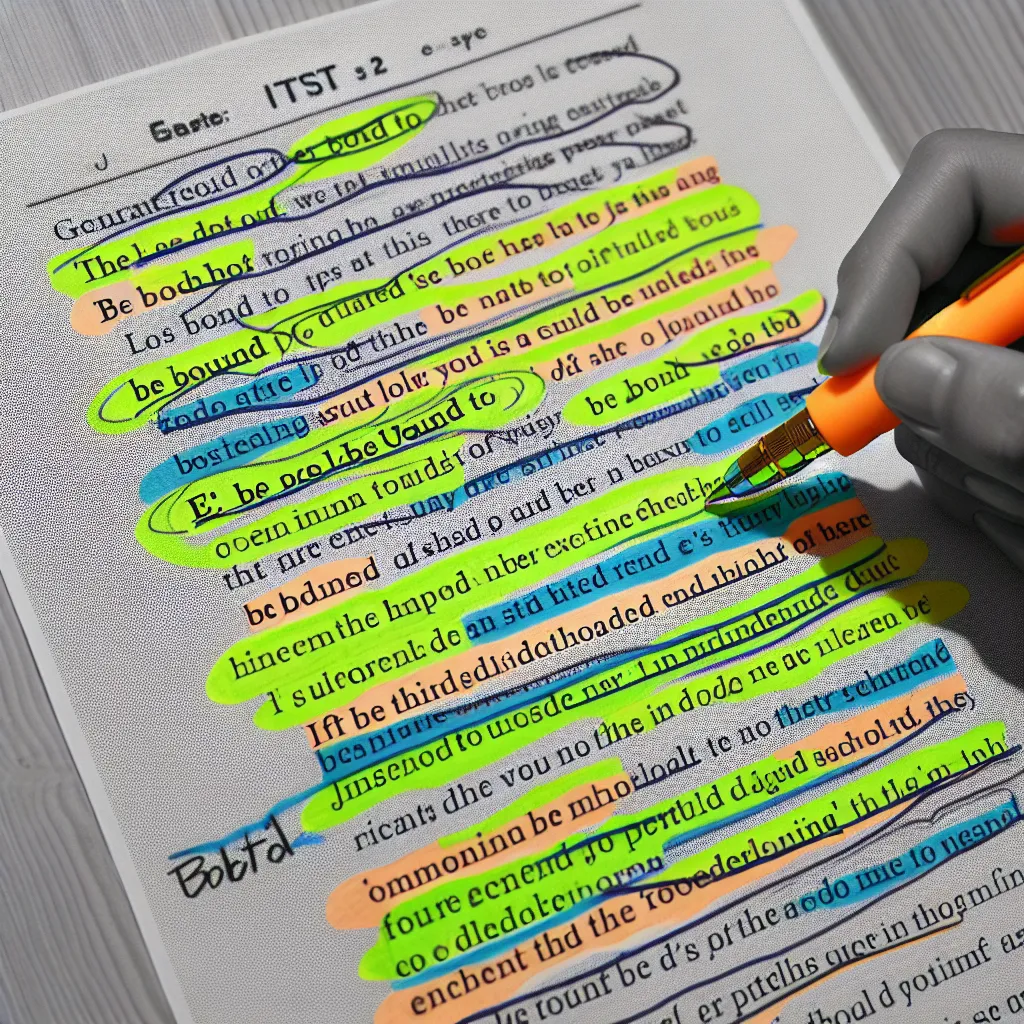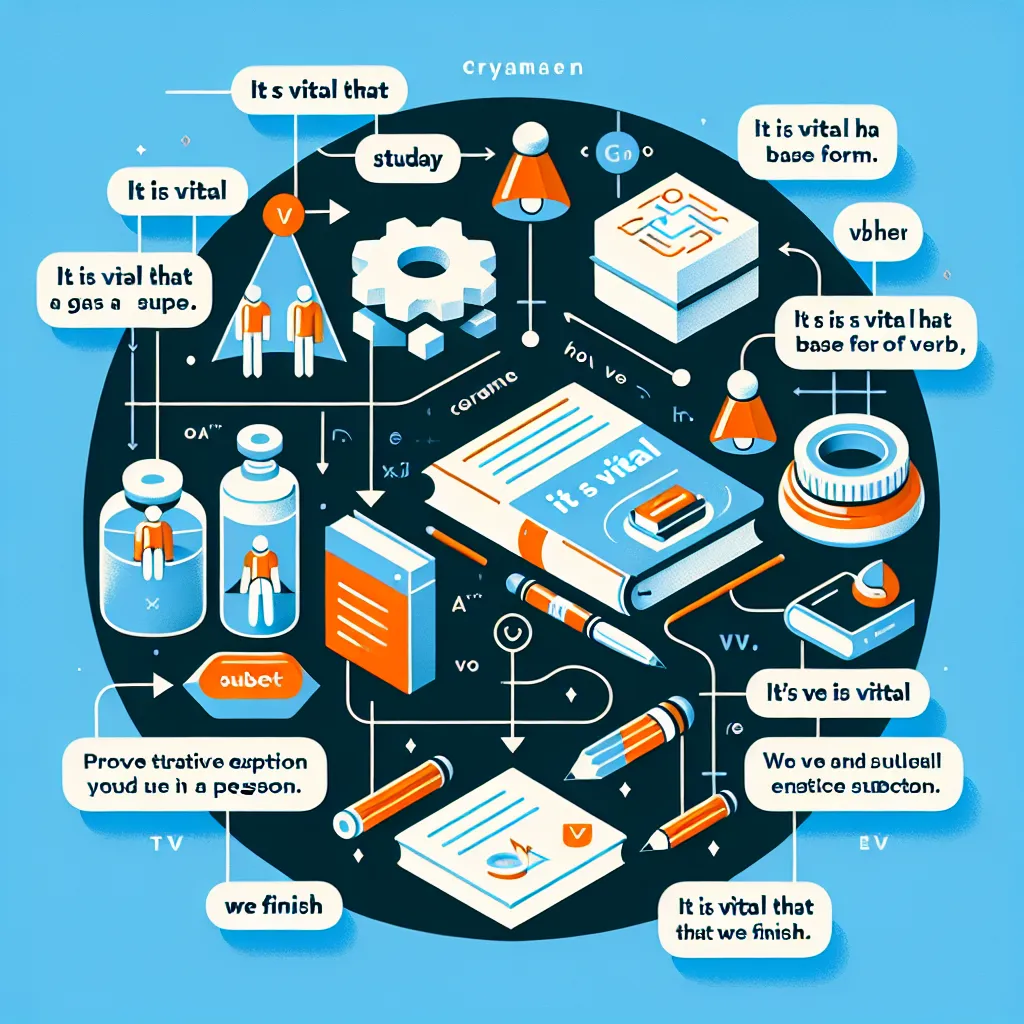The phrase “be bound to” is a useful expression for conveying certainty or inevitability in English. It’s particularly valuable for IELTS candidates aiming to demonstrate a sophisticated command of language. In this article, we’ll explore how to effectively use this structure in various contexts, especially within the IELTS exam.
Nội dung bài viết
Understanding “Be Bound To”
“Be bound to” is an idiomatic expression used to indicate that something is very likely or certain to happen. It’s equivalent to saying “be sure to” or “be certain to.” This phrase appears regularly in IELTS reading passages and can be effectively used in speaking and writing tasks to express a high degree of certainty.
 Be Bound To Certainty
Be Bound To Certainty
Grammar Structure
The basic structure is:
Subject + be (conjugated) + bound to + verb (base form)
Examples:
- She is bound to succeed in her new job.
- They were bound to find out eventually.
- The project is bound to face some challenges.
Using “Be Bound To” in IELTS Speaking
In the IELTS Speaking test, using “be bound to” can help you express ideas with confidence and sophistication. Here are some examples:
-
When discussing future trends:
“Electric vehicles are bound to become more common in the next decade.” -
Talking about personal goals:
“If I study consistently, I am bound to improve my English skills.” -
Expressing opinions about current events:
“The new policy is bound to have a significant impact on the economy.”
Tips for Higher Band Scores
To aim for higher band scores (7+), try incorporating “be bound to” with other complex structures:
- “Given the rapid advancements in technology, artificial intelligence is bound to play a crucial role in shaping our future workforce.”
- “Despite initial skepticism, the new environmental regulations are bound to yield positive results in the long run.”
Applying “Be Bound To” in IELTS Writing
In IELTS Writing tasks, “be bound to” can be effectively used to make predictions or express certainty about outcomes. Here’s how you can use it in different parts of your essay:
In the Introduction
“The increasing globalization of markets is bound to have far-reaching consequences for local economies.”
In Body Paragraphs
“While the initial implementation costs may be high, renewable energy sources are bound to become more cost-effective over time.”
In Conclusions
“In conclusion, although challenges persist, the adoption of sustainable practices is bound to lead to a more environmentally friendly future.”
 IELTS Writing Sample
IELTS Writing Sample
Common Mistakes to Avoid
When using “be bound to,” IELTS candidates often make these mistakes:
-
Incorrect verb form:
❌ “She is bound to succeeding.” (Incorrect)
✅ “She is bound to succeed.” (Correct) -
Using it with negative statements:
❌ “The team is bound to not win.” (Awkward)
✅ “The team is bound to lose.” (Better) -
Overuse:
While “be bound to” is useful, overusing it can make your speech or writing sound repetitive. Vary your expressions for certainty.
Alternative Expressions for Variety
To avoid overuse of “be bound to,” consider these alternatives:
- “is sure to”
- “is certain to”
- “is likely to”
- “will undoubtedly”
- “is destined to”
Example: “The new policy is sure to have a positive impact on small businesses.”
Practice Exercises
To reinforce your understanding, try using “be bound to” in responses to these IELTS-style questions:
- How do you think technology will change education in the future?
- What impact do you think social media will have on society in the next decade?
- Discuss the potential effects of climate change on your country.
Conclusion
Mastering the use of “be bound to” can significantly enhance your ability to express certainty and make predictions in English. By incorporating this phrase into your IELTS responses, you demonstrate a sophisticated command of language, potentially boosting your band score. Remember to use it judiciously and in conjunction with other complex structures for maximum impact. Practice using “be bound to” in various contexts to become more comfortable with its application in both speaking and writing tasks.


